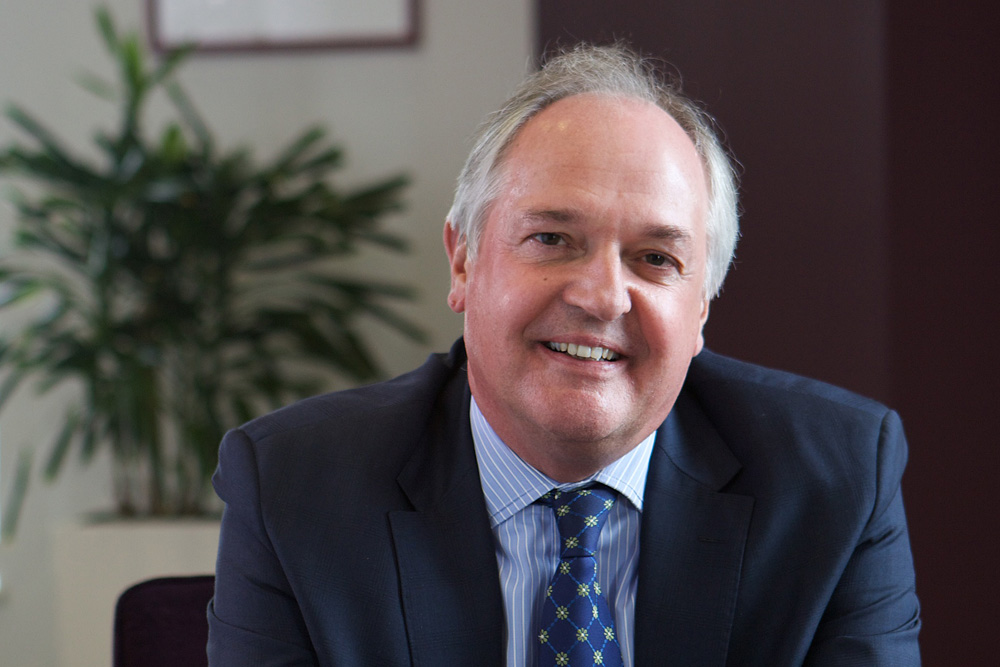
© Unilever
Q: Unilever has committed to using 40% renewable energy by 2020. What are the challenges & successes so far?
Our plan is to continue to reduce our energy consumption and switch to renewable energy, such as wind energy, where cost effective. This has been a big move in Europe and North America where all of the electricity purchased by Unilever factories is from renewable sources. Across the globe, 28% of the energy used by Unilever factories comes from renewable sources, with 39% of electrical energy produced from this source. This is of course just a start. While we have an interim target of 40% renewable energy by 2020 we will work towards 100% of renewable energy in the future. Unilever has joined the RE100 campaign to accelerate the scale-up of renewable power to add to the momentum behind this transformation of our energy system. In some countries, such as Mexico, we have seen great success and will be 100% renewable, where possible, by the end of the year. In terms of the challenges, in some parts of the world we are still seeing too many fossil fuel subsidies and we need government support to level the playing field – a recommendation made by the Global Commission on the Economy and Climate.
Q: How is your energy strategy helping to deliver sustainable business value?
For our own manufacturing operation we use 20% less energy than we did in 2008, even though we have continued to grow our business, this means we can see the benefits first hand. Earlier this year, we announced that we have achieved 1 million tonnes of CO2 savings from our manufacturing network. This means the energy consumption reduced is equivalent to the energy used to run 40 factories and in addition has helped create a cost avoidance of €244m.
Q: Your goal is to be 100% renewable. How do you plan to achieve this?
Our focus will remain on improving energy efficiency, and to lessen the dependency. It will then be a mixture of onsite and offsite renewables, building on existing partnerships and establishing new ones, including embracing new technologies to help us deliver this. We know that advocacy to change the broader systems of which our energy consumption is a part must play a key role in making the change happen, and we actively encourage others to join the movement for world with Net Zero Emissions by 2050.
Q: What is your message to world leaders attending COP21 in Paris?
We need a high level of ambition in the agreement from government, a strong signal from investors and we need all companies to commit to stepping up to tackle climate change. We want the agreement to be the floor, not the ceiling of ambition, with a regular mechanism to review and raise the ambition as confidence increases. This is bigger than our business but about a global economy. However, a good deal for us would mean greater certainty in low carbon investments around the world.












